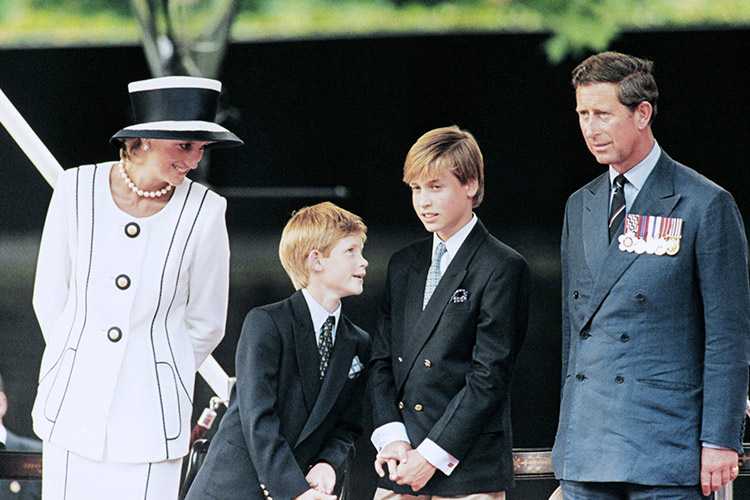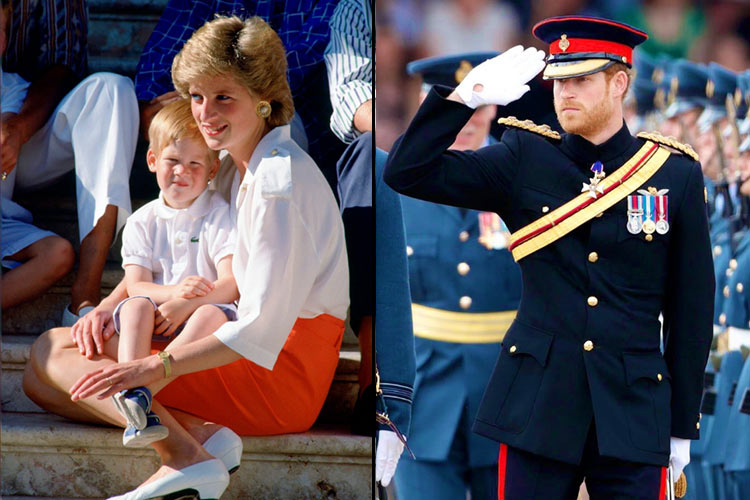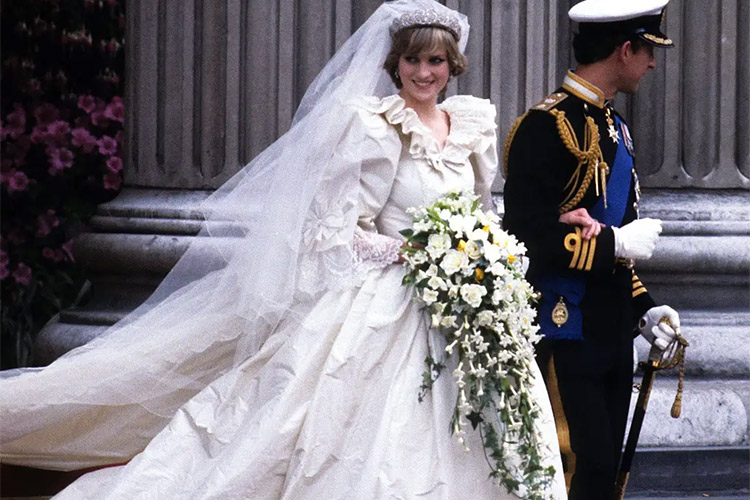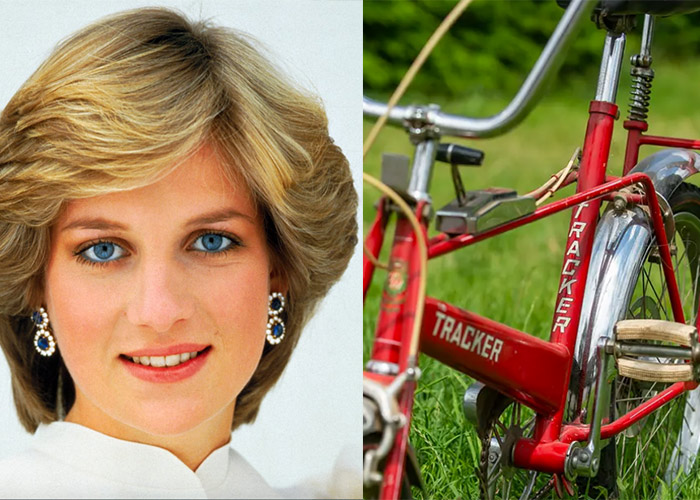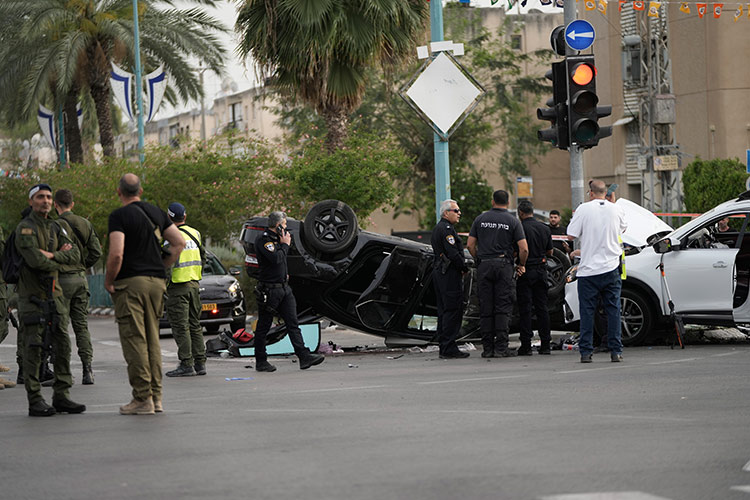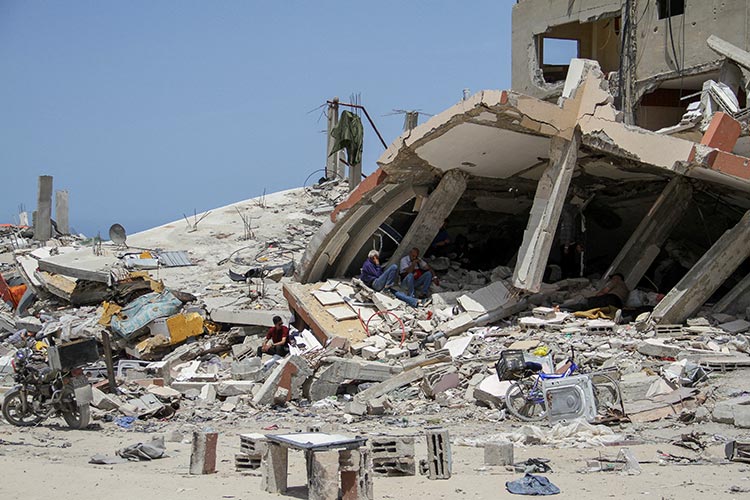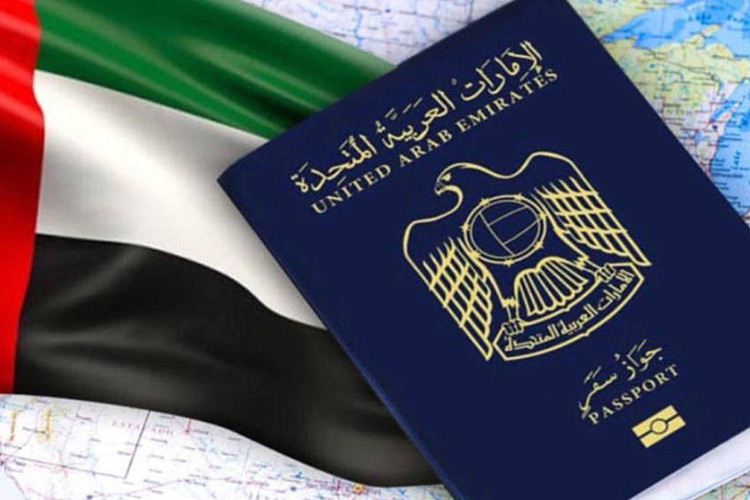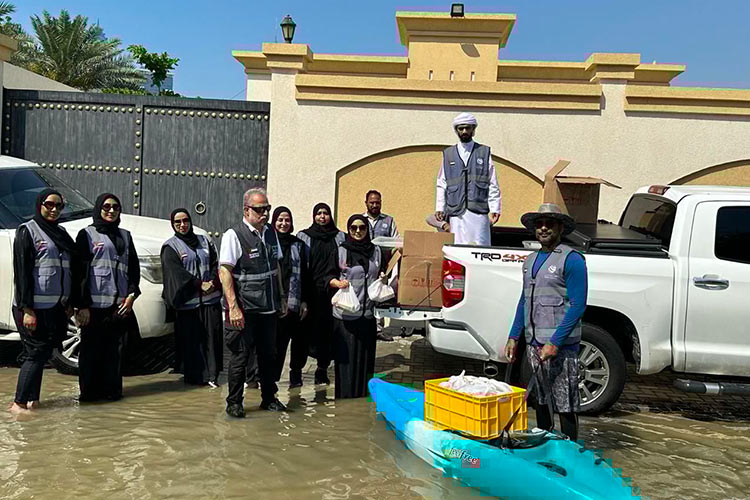Princess Diana’s brother says BBC tricked her into an interview about her failed marriage, affair
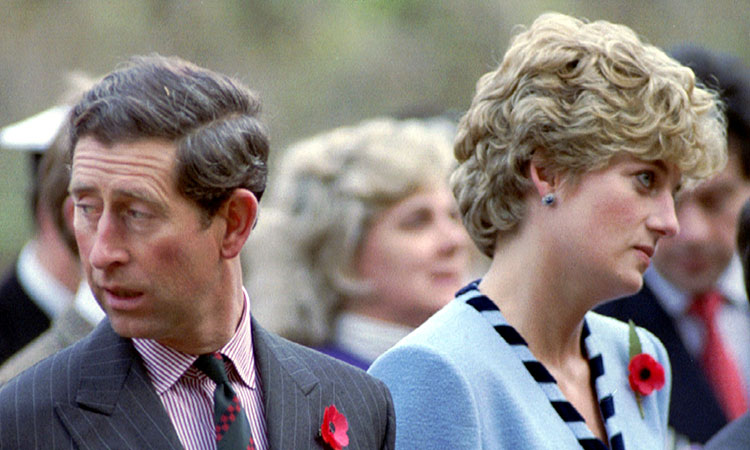
Princess Diana and Prince Charles look in different directions during a service held to commemorate the 59 British soldiers killed in action during the Korean War.
Gulf Today Report
It’s been over 20 years since Princess Diana, loved by millions across the globe and the cynosure of all eyes wherever she want, passed away. Yet she still continues to captivate her fans and people across all walks of life.
She also continues to dominate headlines, with new revelations surfacing of incidents in her life that many are not aware of.
One such revelation is Diana’s brother, Charles Spencer, has accused the BBC that she was tricked into taking part in an interview with the broadcaster in 1995.
During the interview, which was watched by more than 20 million viewers in Britain, Diana shocked the nation by admitting to an affair and giving details of her failed marriage to heir-to-the-throne Prince Charles.
READ MORE
Princess Diana musical to debut on Netflix before hitting Broadway
Princess Diana's famous 1980s sheep jumper to be re-released
Princess Diana's statue to be unveiled on her 60th birthday
This month, her brother Charles Spencer said the BBC had failed to apologise for what he said were forged documents and "other deceit" which led him to introduce journalist Martin Bashir to Diana.
The head of Britain's BBC said on Monday the corporation would hold an inquiry into how it secured the interview.
"The BBC is taking this very seriously and we want to get to the truth," Tim Davie, the BBC's director general said in a statement about Spencer's claims. "We are in the process of commissioning a robust and independent investigation."
The Daily Mail has also published what it said were notes Spencer took during a meeting with Bashir and Diana in 1995, in which the newspaper says the journalist made a series of allegations in an attempt to obtain the interview.
These included claims Diana was being bugged by the security services, that two senior aides were being paid to provide information about her, and that Bashir had provided faked bank statements to back this up.
Bashir has not commented on the matter. Reuters has been unable to contact him.
The BBC says the journalist, who gained global renown from the Diana interview and is currently the corporation's religious affairs correspondent, was currently on sick leave, recovering from heart surgery and from contracting COVID-19.
Spencer has demanded an apology from the BBC and an independent inquiry into how Bashir obtained the interview with Diana, saying he had been excluded from a 1996 internal BBC investigation. The BBC says it has apologised for the faked statements.
In his Twitter posts on Sunday, Spencer said he knew Bashir had used fake bank statements and other dishonesty to obtain the Diana interview but said "what I only found out 2 weeks ago ... is that the BBC also knew. Not only knew about it, but that they covered it up," according to Reuters.
His assertion came after the release of documents from the BBC following requests under the Freedom of Information Act from a journalist who had been researching the interview.
The Panorama interview was Diana's first public comments about her doomed union with Charles, although author Andrew Morton said she secretly cooperated with his 1992 book which first revealed how she was trapped in an unhappy marriage.
Her comment to Bashir that "there were three of us in this marriage, so it was a bit crowded" – a reference to Charles rekindling his relationship with his now second wife Camilla – was particularly damaging to her husband.
The couple divorced in 1996 and she was killed aged 36 in a car crash in Paris the following year.
Former BBC chairman Michael Grade said the issue was "a very, very serious matter" for the publicly-funded broadcaster.
"For the BBC to be faking documents in the interests of getting a scoop raises very serious questions," he told BBC radio. "The BBC needs to clean this up once and for all."
